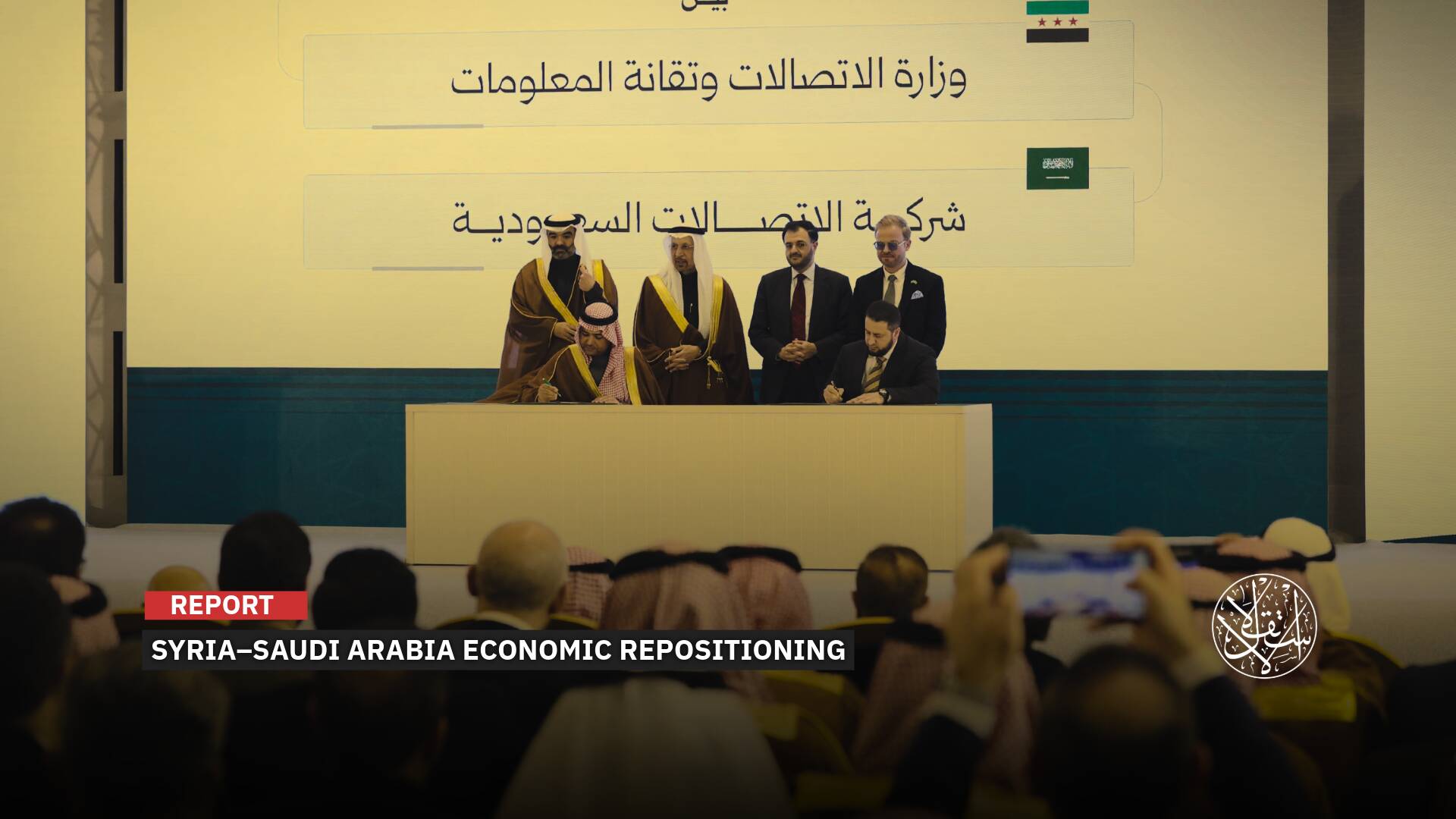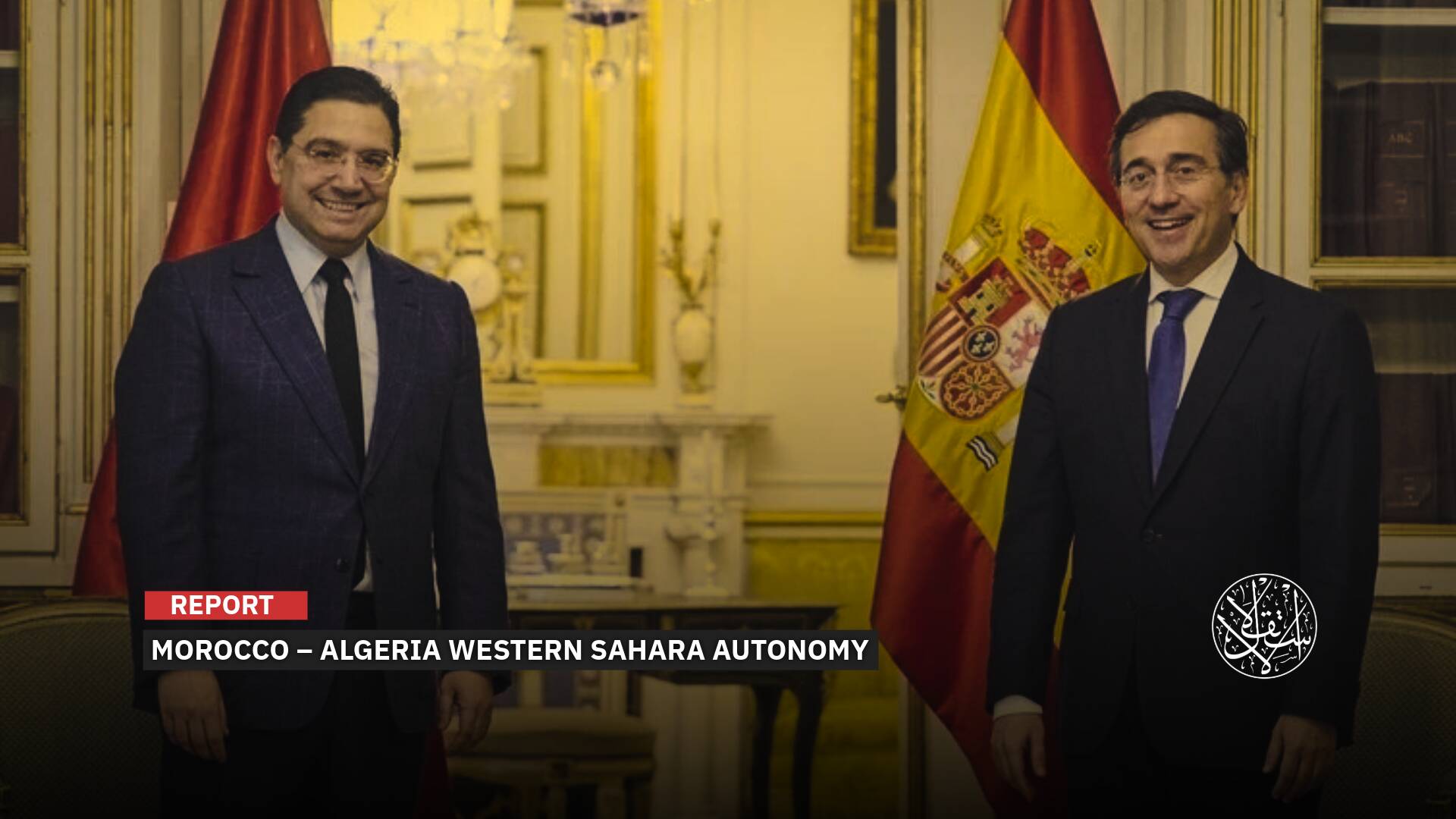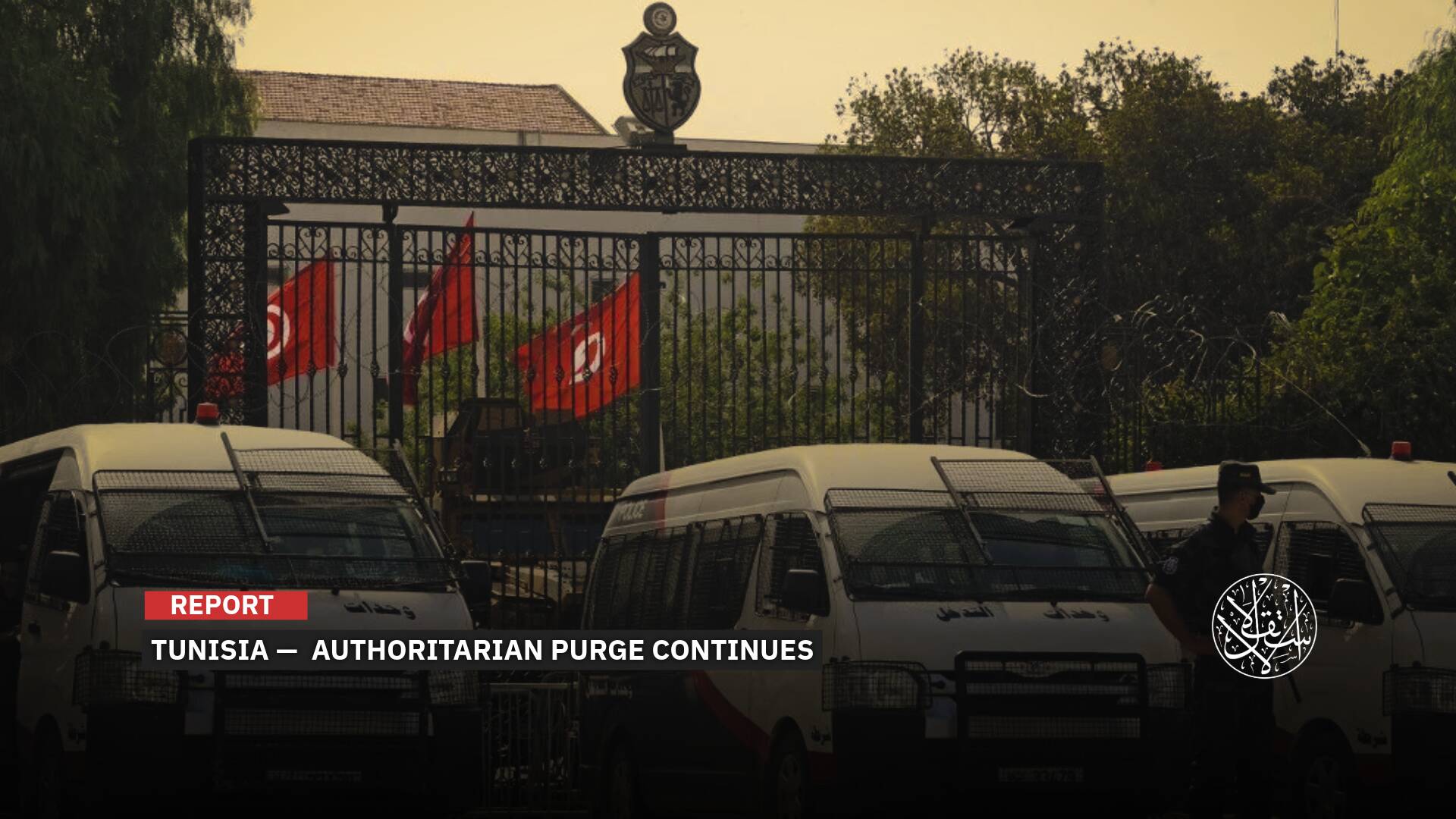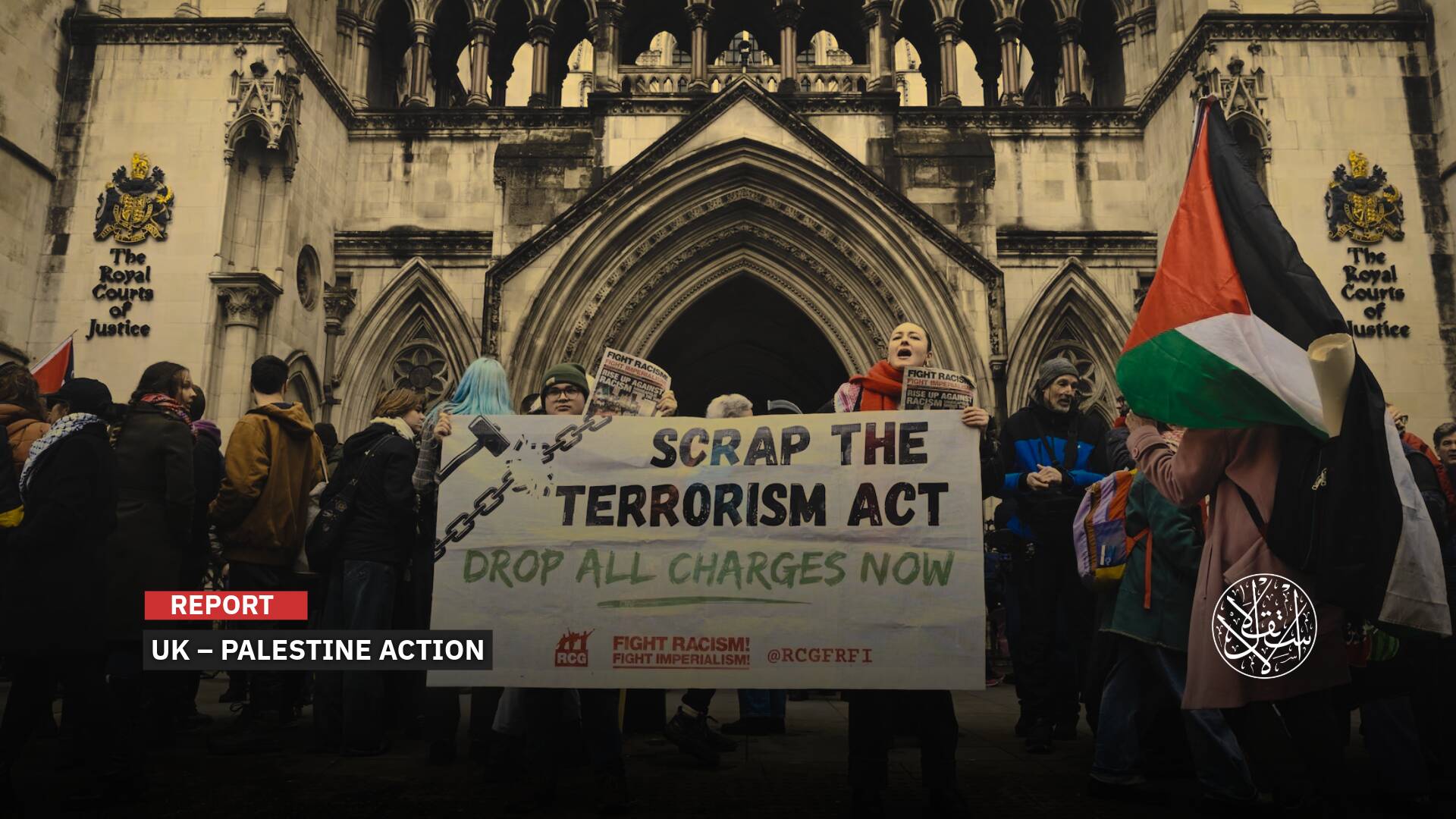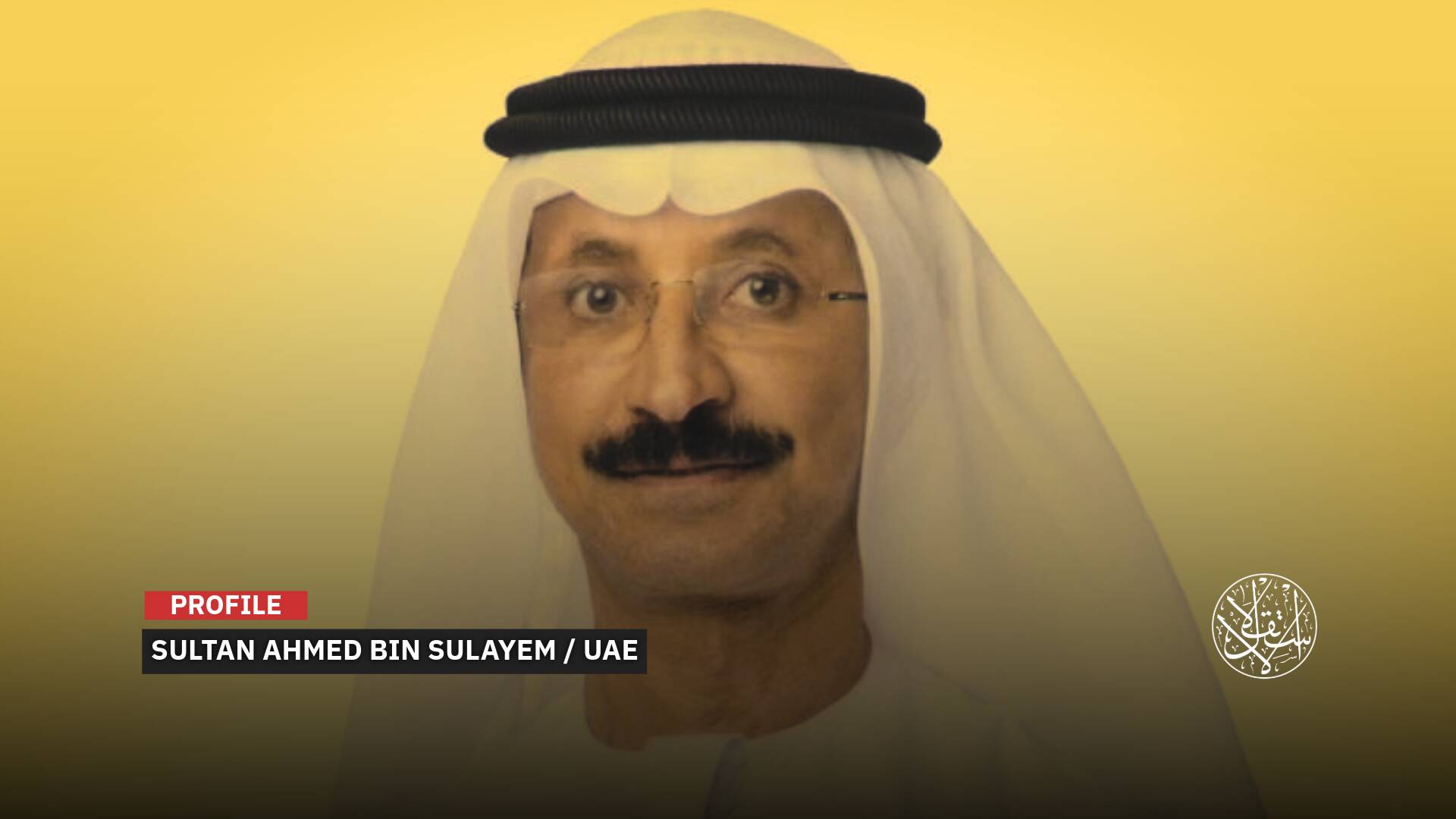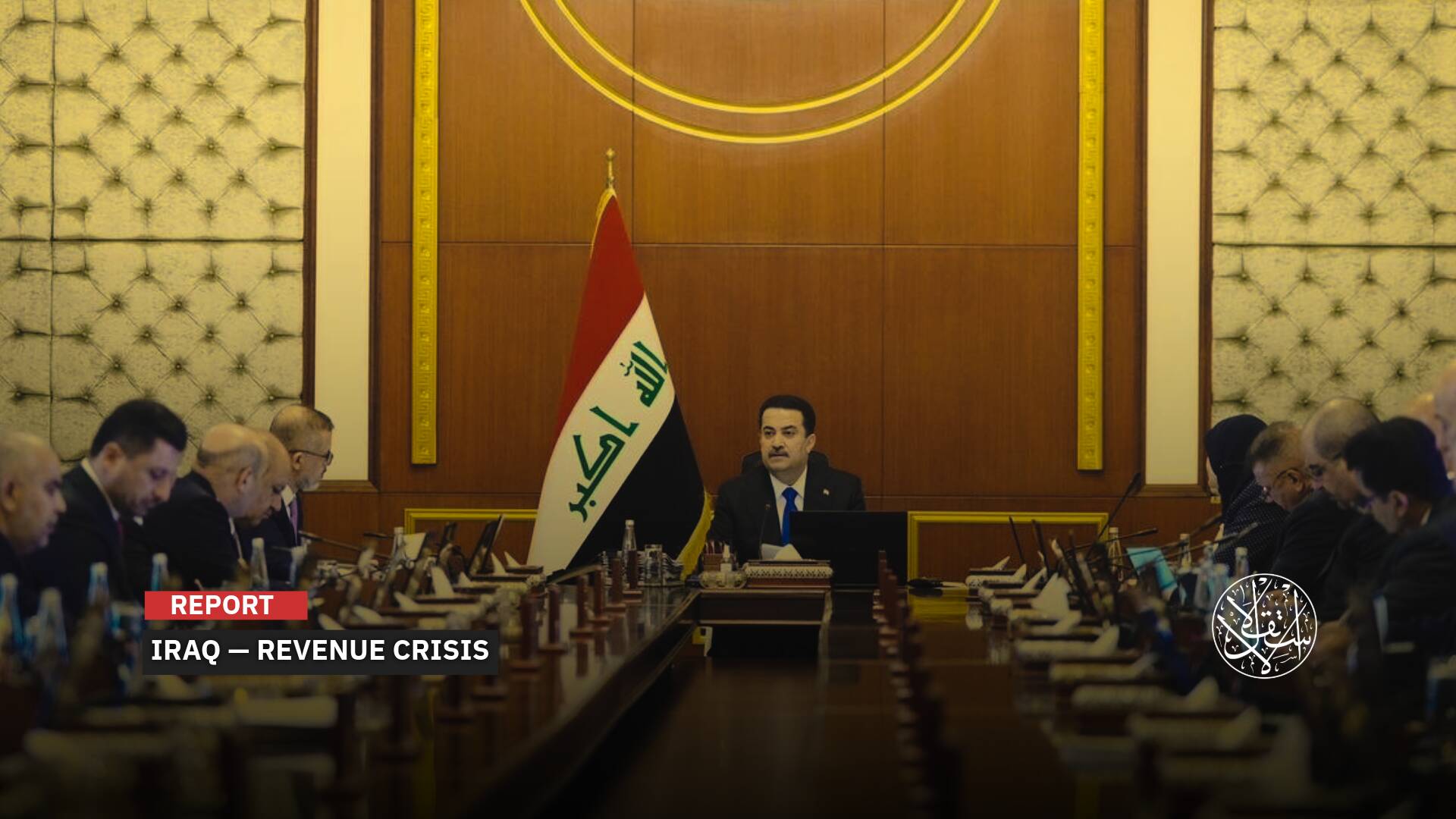Mauritania's Anti-Corruption Authority Takes a Step Toward Accountability
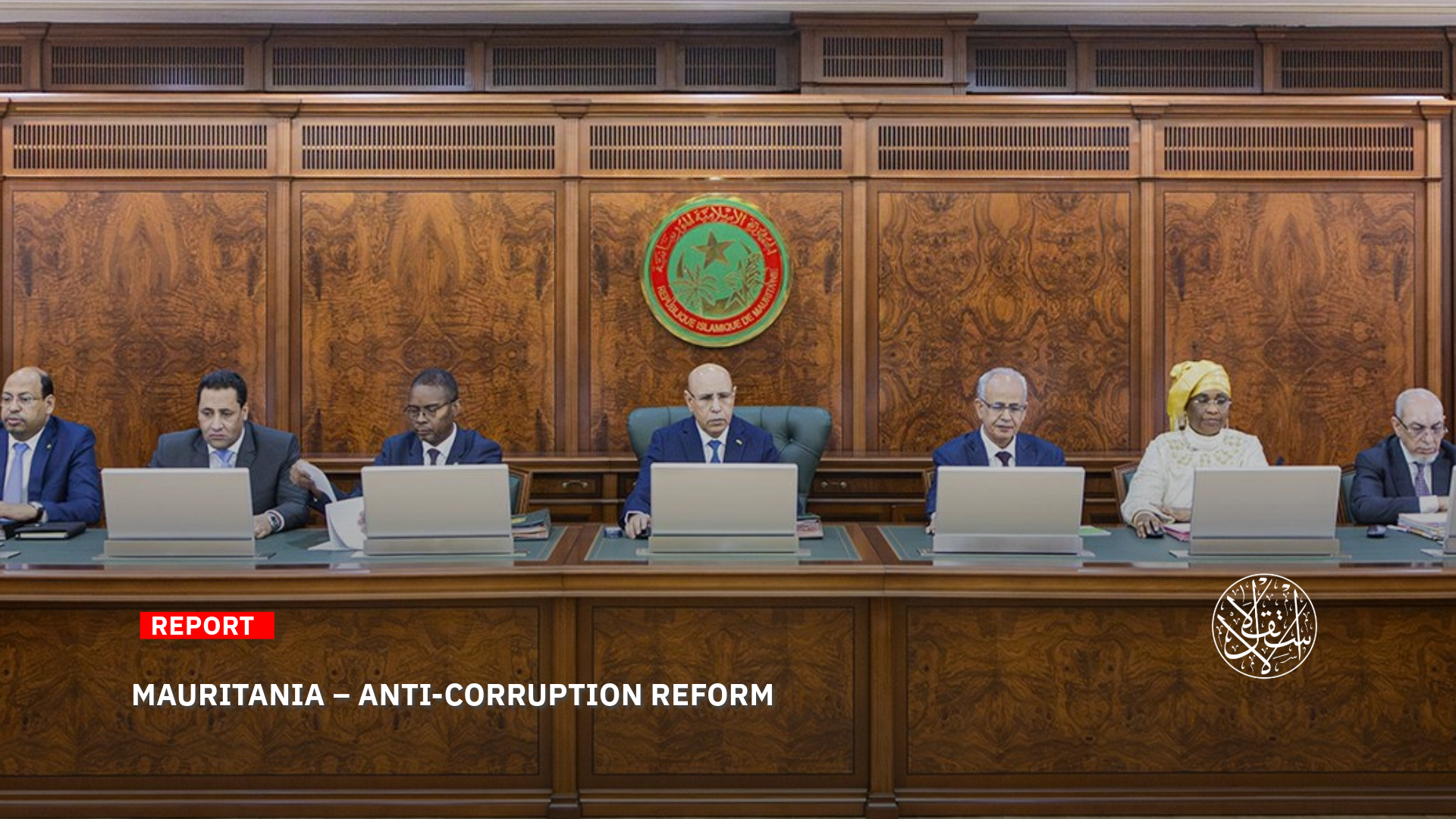
The issue at hand is in the seriousness, follow-up, and implementation, not in the announcement.
In the presence of Mauritanian President Mohamed Ould Ghazouani, the Council of Ministers approved a draft law establishing a national anti-corruption body, amid doubts about its effectiveness in tackling this persistent issue.
According to a statement issued by the Council of Ministers on 16 January 2025, the body is named the "National Anti-Corruption Authority."
The statement emphasized that the authority's role is to prevent corruption, promote the principles of good governance, enhance integrity and transparency, and reduce violations by adopting effective monitoring and oversight mechanisms while engaging relevant stakeholders.
Recovering the Funds
Mauritania’s Minister of Economy and Finance, Sidy Ahmed Ould Boubacar, stated, “the National Anti-Corruption Authority is primarily composed of a president, a council, and an executive body. Among its responsibilities, the authority is tasked with developing and implementing national anti-corruption policies and strategies, assessing corruption risks, and mapping out areas most vulnerable to corruption.”
In remarks to the press on 16 January 2025, he also noted that the authority would organize awareness campaigns and training programs to promote a culture of transparency, provide recommendations to enhance governance, prevent conflicts of interest, and establish national databases to monitor and analyze corruption cases.
The Minister of Economy and Finance, Sidi Ahmed Ould Abouh, highlighted that the National Anti-Corruption Authority will be responsible for receiving and monitoring declarations of assets and interests, as well as handling reports of suspected corruption and referring them to the relevant authorities when necessary.
The authority will also follow up on investigations and provide protection for whistleblowers and witnesses in corruption cases.
Abouh added that the law establishing the authority is unique in drawing upon the key provisions of international agreements and the most widely adopted legal texts in developed countries.
He stressed that the announcement of these provisions today represents a significant step towards ensuring a coherent and integrated approach, sending a strong message from the government that its engagement in anti-corruption efforts is not just a matter of rhetoric or political posturing.
For his part, Minister of Justice Mohamed Mahmoud Ould Cheikh Abdoullah Ould Boye affirmed that the Anti-Corruption Law includes a reworking of certain legal provisions to ensure greater clarity and improve its practical application.
In a press statement, Abdullah noted that new provisions have been introduced to ensure that corruption crimes are not subject to statute of limitations, and that alternative mechanisms are in place for tracking corruption cases.
These measures aim to recover stolen funds and use them to finance economic and social programs.
Abdoullah also pointed out that the bill includes provisions for tracking high-profile individuals and mandates judicial rulings that must be issued within a maximum of 15 days from the case's referral for deliberation.
He emphasized that the new anti-corruption law will repeal and replace the existing one, addressing flaws that have negatively impacted anti-corruption efforts and aligning with the government's strong commitment to combat corruption.
Abdoullah also mentioned the introduction of prison sentences and fines for illicit enrichment, as well as increased penalties that are proportionate to the severity of the offenses committed.
"The new law provides the National Anti-Corruption Authority with the necessary legal tools to efficiently and effectively process and monitor asset declarations."
"It mandates the declaration of assets and interests, broadening the scope of this requirement to include new categories of public officials, such as parliamentarians and others in senior positions who hold decision-making power or influence during the course of their duties."
"The bill also requires those subject to its provisions to declare not only their own assets but also those of their minor children, with a clear mechanism in place to prevent conflicts of interest, ensuring that public decisions are made impartially and objectively," Abdoullah continued.

Multiple Reactions
The structure of this new authority consists of a president, who is responsible for implementing policies and overseeing all the authority's activities, a governing council made up of the president and six members selected through strict procedures, and an executive body that manages the day-to-day operations of the authority.
As for the selection mechanism for the council members, Articles 13 to 16 outline the process, which involves the formation of a committee consisting of seven independent members with expertise and integrity, chaired by the president of the authority.
Members are nominated from various sectors, such as the government, parliament, the judiciary, higher education, and civil society.
This committee submits a list of 12 candidates, arranged alphabetically, to the president, who selects six members for terms of three to six years, ensuring the continuity of the council.
Membership criteria include at least 20 years of experience in fields related to anti-corruption or public administration.
Members are prohibited from holding political offices or any role that could conflict with their duties, and they enjoy functional immunity.
International expert Mohamed Ould al-Munir welcomed the Mauritanian government’s decision to establish a National Anti-Corruption Authority and expand the scope of mandatory asset declarations.
According to the local Asda website, Ould al-Munir stressed "the importance of ensuring the effectiveness of these measures," adding that "the authority must be entirely independent and able to verify the integrity of officials and elected representatives, ensuring they do not abuse public office for illicit enrichment or undue influence."
“Corruption has notably expanded over the past decade,” Ould al-Munir added, citing “the continued presence of officials accused of corruption in their positions, the absence of penalties, and the spread of a culture of impunity.”
"The real issue lies not in the absence of laws or institutions, but in the selection of unqualified or uncommitted individuals to enforce them, leading to suboptimal outcomes."
Ould al-Munir underscored the need for "radical measures, including strengthening laws to criminalize corruption as felonies, imposing strict penalties, and improving preventive mechanisms through prior oversight of public spending."
He also called for "the inclusion of civil society and media in monitoring violations, and the establishment of stringent measures to combat money laundering and unregulated cash transactions that facilitate corruption."
Meanwhile, prominent Islamic leader Mohamed Jemil Ould Mansour described the creation of the National Anti-Corruption Authority as “an important and welcome step.”
In a post on his Facebook account on 17 January 2025, Mansour continued, "The key question remains who will lead this body and the extent to which it can fulfil its mission. We hope that the appointment of those in charge will send a clear, unquestionable message that this is a serious matter with no room for compromise."
Meanwhile, the youth leader of the opposition "Tawassul" party, Member of Parliament al Mourtadha Ould Efteil, stated that “the fight against rampant corruption and its cessation requires willpower, firmness, strength, determination, and a sustained, technical, and meticulous effort.”
In a Facebook post on 18 January, Ould Efteil stressed that “corruption cannot be fought with slogans or by establishing institutions that take a long time to become operational.”
Political Will
In a bid to involve youth in the fight against corruption, the "Youth Forum for Anti-Corruption" sent an open letter to the country's authorities on 22 January 2025, calling for the inclusion of young people in the National Anti-Corruption Authority.
The forum emphasized that "youth involvement is key to supporting the national agenda, harnessing their potential to face challenges, strengthening the partnership between the state and civil society, and making the fight against corruption a collective responsibility."
As part of its recommendations for this integration, the forum proposed allocating a percentage of seats for youth in the authority, establishing youth subcommittees for community awareness, and offering training programs in governance and anti-corruption efforts.
Academic researcher Abdel Rahman Othman al-Shinqity described the establishment of an anti-corruption authority in Mauritania as "a significant step, lauded by all reasonable individuals."
However, al-Shinqity told Al-Estiklal that the core issue lies in the government's repeated announcements of anti-corruption programs or plans, which have failed to produce any tangible impact on the ground in Mauritania.
He emphasized that the real problem lies in the seriousness, follow-through, and implementation of these efforts—not merely the announcements.
The involvement of influential figures in corruption, he added, remains a dangerous factor for both the country’s current and future political and economic landscape.
Al-Shinqity noted that anti-corruption efforts often fail to target close associates and senior officials who engage in various corrupt practices.
He suggested that the current situation in the country does little to encourage genuine efforts to combat corruption.
He explained that, if the employee accused of corruption is low-ranking or an elected official with a small electoral base, he is brought to court and held accountable. However, those with greater political backing or influence rarely face any accountability.
On practical approaches to tackling corruption in Mauritania, el-Shinqity pointed to the need for scrutiny of senior officials' relatives, many of whom exhibit signs of illogical wealth and vast, inexplicable urban expansion.
He stressed the importance of monitoring them, not just the officials themselves, as many of these relatives do not appear to have any clear or transparent business activities, suggesting that their wealth stems from their proximity to public officials.
The researcher also called for greater oversight of businesspeople closely connected to the government, urging increased scrutiny of their activities and financial records.
He noted that the state inspectors have the authority to carry out such monitoring.
Al-Shinqity further pointed out the importance of examining companies involved in public sector projects, which he identified as a significant gateway to corruption.
Many contractors, he said, hand over projects without executing them to the agreed standards, meaning substantial financial resources are diverted for purposes other than intended.
He concluded by stating that anti-corruption efforts are a matter of survival for both the state and society, and called for collective action from all segments of society, according to their abilities and areas of expertise, to secure a brighter future for the country and its citizens.


